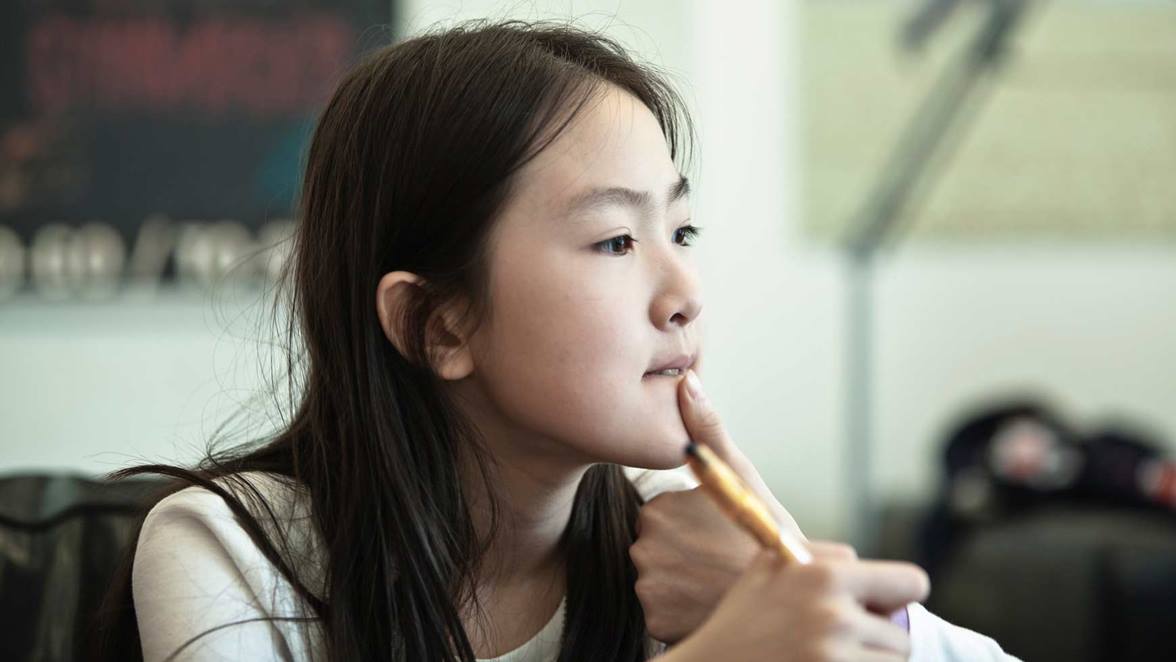EE Criterion E. Engagement
 Criterion E focuses on the students' reflection on planning and progress. Students must write three reflections and enter them into the RPPF - the Reflections on Planning and Progress form: first, after choosing the question; secondly, at some point in the research process and then again after the viva voce. The total of all three reflections may not exceed 500 words. The supervisor must also approve the reflections and write a summative comment.
Criterion E focuses on the students' reflection on planning and progress. Students must write three reflections and enter them into the RPPF - the Reflections on Planning and Progress form: first, after choosing the question; secondly, at some point in the research process and then again after the viva voce. The total of all three reflections may not exceed 500 words. The supervisor must also approve the reflections and write a summative comment.
This criterion is worth 6 marks.
Assessment
Under criterion E, students are assessed on their engagement with the research process. The two performance indicators for this criterion are:
- Reflections on decision-making and planning are evaluative and include reference to the student’s capacity to consider actions and ideas in response to setbacks experienced in the research process.
- These reflections communicate a high degree of intellectual and personal engagement with the research focus and process of research, demonstrating authenticity, intellectual initiative, and/or creative approach in the student's voice.
There are several ways that the student may meet these requirements - however, they need to indicate how they decided on the topic, as well as reflect on the research process itself. According to the guide, the following approaches may be used:
- Research strategies chosen. How effective were these strategies?
- Linking their reflections to the Learner Profile or to the Approaches to Learning: thinking, communication, social, self-management, and research skills.
- How conceptual understandings have changed throughout the research process.
- How they have dealt with setbacks in their research.
- Questions that have emerged.
- What would you do differently if they were to carry out more research on this topic?
They should not simply describe their research procedure.

 IB Docs (2) Team
IB Docs (2) Team
